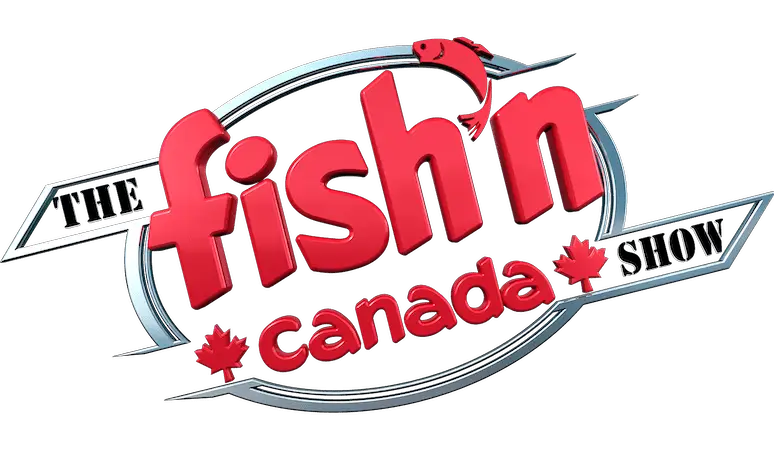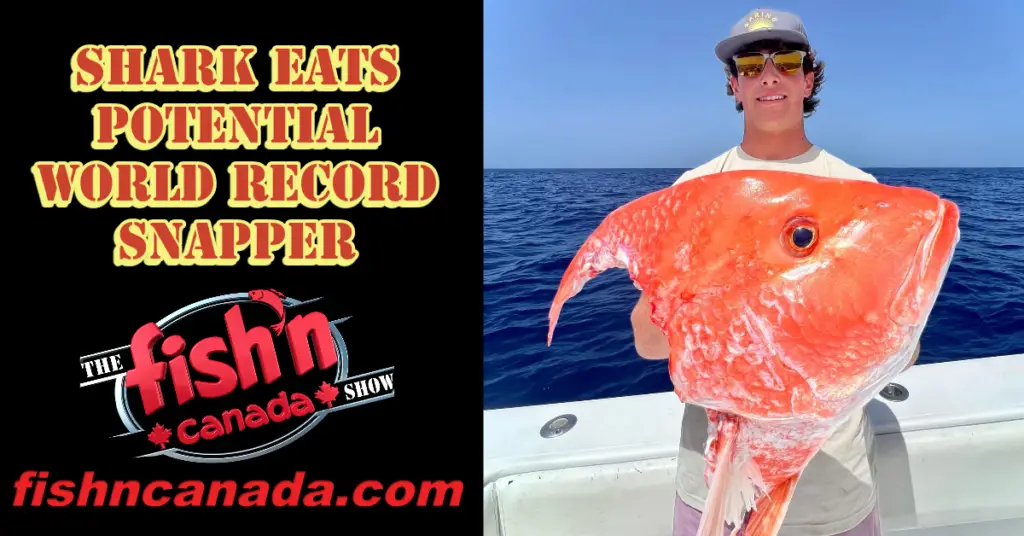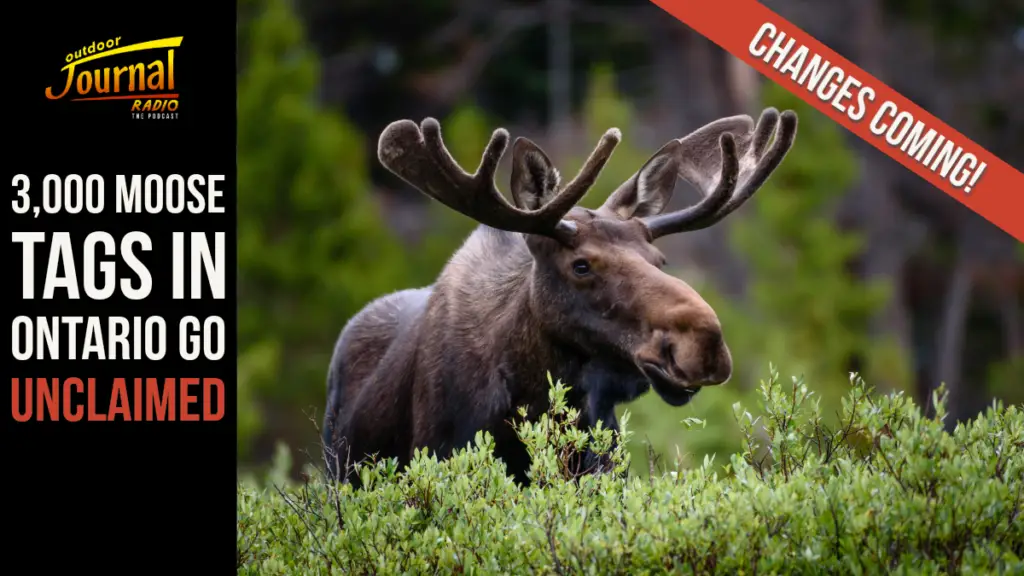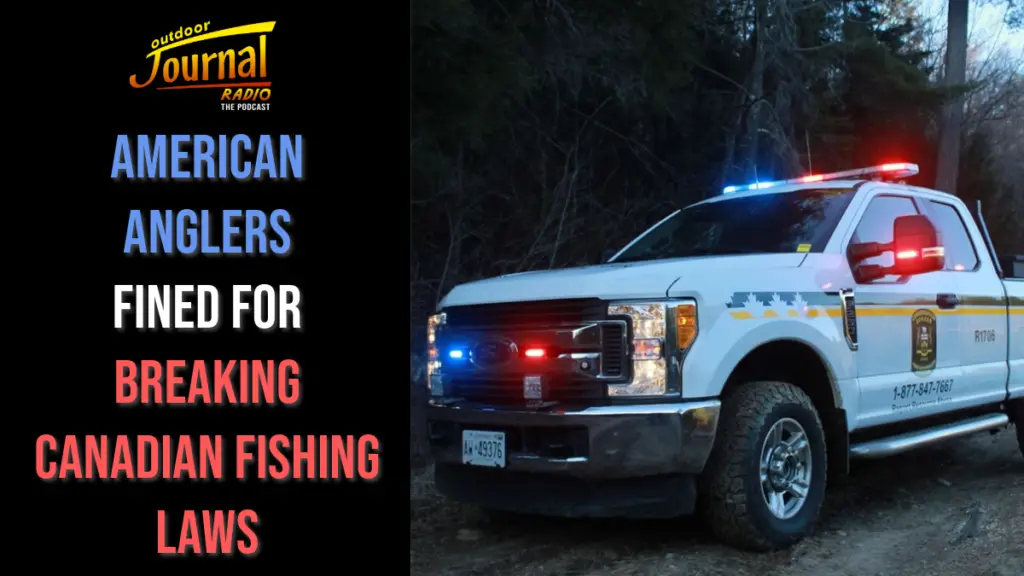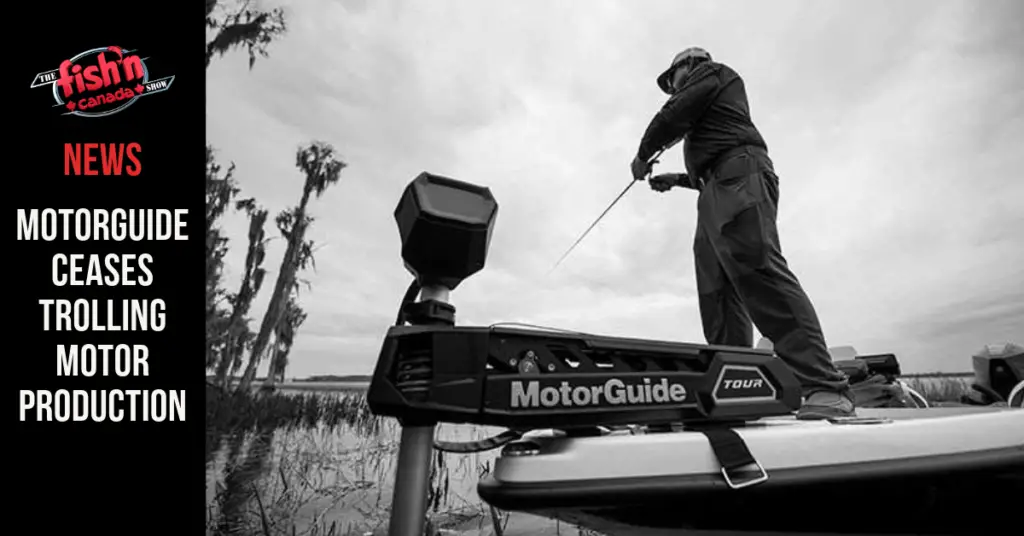During the summer, 23-year-old Daniel Delph took charge of a charter expedition departing from the Florida Keys en route to the Tortugas region near Key West. The journey covered a substantial 75-mile distance each way, a considerable distance even for the well-equipped 41-foot Sea Hunter catamaran operated by DelphFishing.
Upon reaching the Tortugas on July 31st, Captain Daniel and his group of four anglers prepared for bottom fishing. It didn’t take much time before one of his anglers hooked a substantial fish lurking at a depth of approximately 300 feet.
“He had just hooked the fish, and sharks got it immediately, right away,” Capt. Billy Delph, Daniel’s father, said (Daniel Delph was running a charter and was not available for an interview.) “All that came up was a massive red head. The other half of that beautiful record red snapper fed the ravenous sharks that are impossible to avoid today … We catch lots of snapper [and] see big ones all the time. Our best guess was that fish whole and intact was about 55 pounds. It likely would have been an IGFA All-Tackle record for the species.”
The current world-record red snapper registered in the IGFA records weighs slightly over 50 pounds. While the July incident left both the angler and the Delphs feeling disheartened, Billy explains that it serves as an illustration of a much more significant problem that poses a devastating threat to marine fisheries.
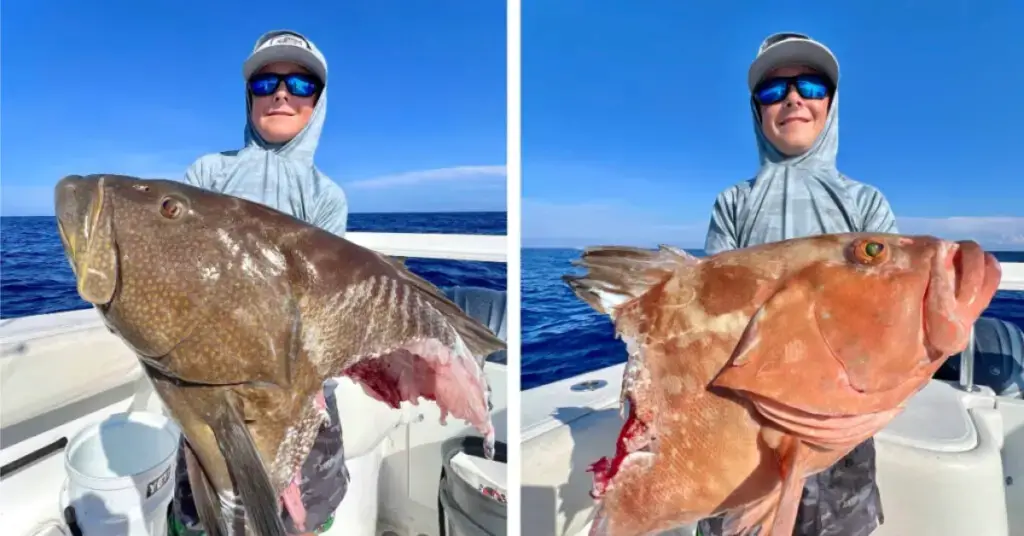
More fish mutilated by sharks before they were boated by DelphFishing’s clients.
“Every year [becomes] the worst year we’ve ever experienced with sharks mutilating and taking our hooked fish,” Billy explains. “And that’s been going on for a decade. Every year [is] worse than the last because sharks are overpopulated and chomp about 80 percent of the fish we hook.”
DelphFishing primarily operates in the deep offshore waters of Key West. Consequently, they frequently come across deep-water shark species, including sandbars and duskys, often weighing 200 pounds or more. It’s not unusual for them to encounter a diverse array of species, including great whites.
A similar challenge arises with the proliferation of sharks along the coastal areas of the southern United States, spanning from the Carolinas down to Florida, encircling the Florida peninsula, extending through Florida Bay, and reaching into the Gulf of Mexico up to Louisiana and Texas. Louisiana recently adjusted its commercial shark limits to accommodate the increasing shark populations.
“Back in the 1980s and 1990s, we had trouble with sharks taking fish occasionally,” says Billy, 43. “But today it’s 200 percent worse than it ever was. It’s devastating to our marine fisheries. It’s just so frustrating.”
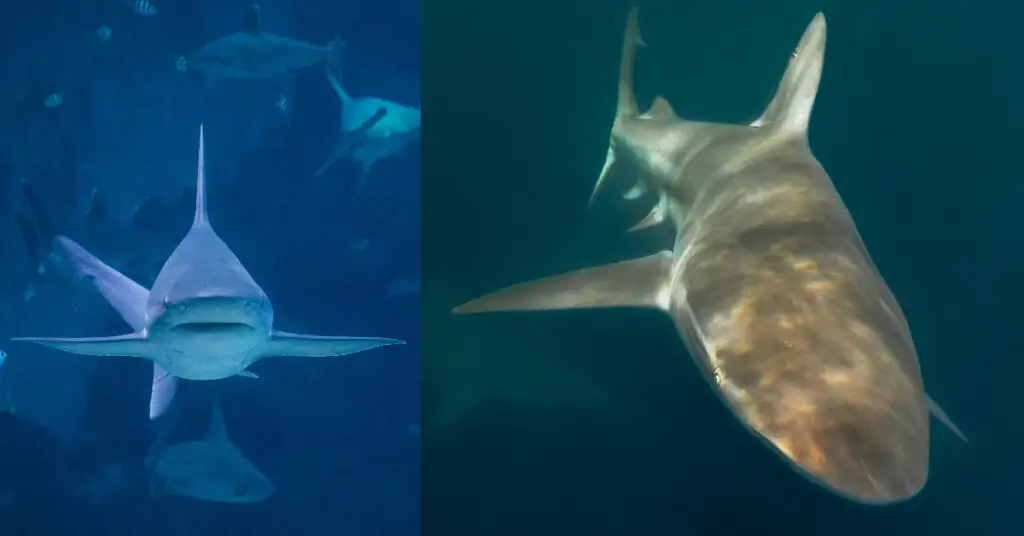
Sandbar and drum sharks regularly mutilate snapper in the waters off Key West.
Laws aimed at safeguarding sharks from overfishing have been established across a significant portion of their habitat, particularly within U.S. waters where federal and state regulations closely oversee the majority of shark species. Some anglers argue that these rigorous regulations regarding shark harvesting have transitioned from scientific management to an emphasis on protection ideology, with the belief that they may have exceeded their effectiveness in conserving shark populations.
“So many people think sharks are endangered and that’s not the case,” Billy continues. “We work hard to avoid sharks. We never anchor, and we never fish more than 10 to 15 minutes in one spot—we must move around to avoid sharks. But it doesn’t matter where you fish, sharks are everywhere.”
According to Billy, sharks have caused changes in the way his fishing business operates.
“The biggest threats to our angling and guiding business are the economy, closures by federal agencies and sharks … At times shark depredation on our hooked fish is so consistently devastating that we’ve quit fishing for snapper or grouper and changed angling areas and tactics for other species like swordfish. … It makes no sense to hook snapper or grouper just to feed them to sharks.”


